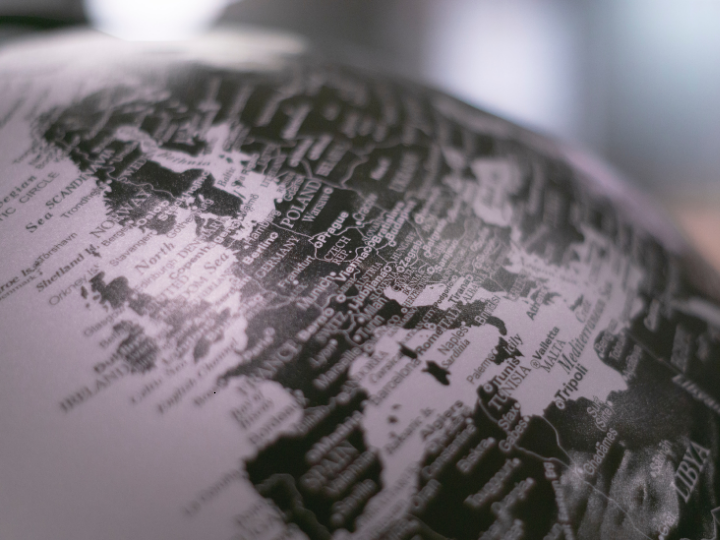by N. Peter Kramer
The EU migration deal with Tunisia turns out to be a macabre flop. Despite deadly deportations to the desert by the Tunisian regime, the agreement leads to a 40 percent increase on boat migrants. In addition, the number of drowning deaths is rising again. The EU wanted a hasty deal with the devil, but it turns out to be incompetent as well as unreliable.
After a relative calm period, the EU migration crisis is back. More than a hundred thousand migrants have already come to Italy this year: more than in the year 2022. These are mainly young men from West Africa, who cross the Mediterranean from the Tunisian east coast directly to Sicily. It leads to scenes of overcrowded reception centres and long queues at asylum desks throughout the EU.
It is precisely what the ‘Team Europe’ trio wanted to avoid. Dutch Prime Minister Mark Rutte (in the meantime outgoing p.m.), Italian Prime Minister Giorgia Meloni and European Commission President Ursula von der Leyen travelled to Tunisia this summer to negotiate a migration agreement. The deal was signed with autocratic president Kais Saied on July 16. In exchange for more than 1 billion euros, it had to guarantee, among other things, better surveillance of the border!
The deal was accompanied by brutal violence. While Saied negotiated with the EU, his regime deported 1.200 migrants to the desert, on the borders with Libya and Algeria. Dozens of people died of thirst; hundreds of them are still missing. But all that violence did not lead to fewer boat migrants, on the contrary. In the five weeks after July 16 38 percent more migrants from Tunisia came to Italy than in the five weeks before that date. The increase is not due to weather conditions, which were just ‘favourable’ in June as in July.
As the summer holidays draw to a close, criticism of the deal is mounting. The ‘Team Europe’ is an opaque informal construction, in which there is hardly any accountability. Mark Rutte and Giorgia Meloni are not accountable to the European Parliament, nor to their national parliaments. Criticism of the procedure was formally voiced by thirteen member states in the European Council. According to a leaked document, in the possession of the Dutch newspaper NRC, Germany in particular speaks out against human rights violations in Tunisia; ‘Completely unacceptable’, the note reads. Germany is especially angry about the lack of guarantees in the Tunisia agreement.
The changing nationalities of the migrants along the Tunisia rout are striking. Until three years ago 88 percent of the migrants were Tunisians, now only 14 percent. The rest comes from West African countries such as Ivory Coast (19 percent) and Guinea (19 percent). And now countries from which migrants hardly ever came to the EU in the past are also among the arrivals in Sicily: Malians (9 percent) and migrants form Burkina Faso (9 percent) used to prefer in their own country.
A new migration channel is in the making. The impact is huge. As soon as a network develops, chains are created. Through social media and acquaintances, migration suddenly becomes a realistic scenario. For example, the arrival of Malians suddenly becomes a chance for more Malians. ‘The Tunisia deal will turn out to be a fiasco. You see already more crossings than ever before on the Tunisia route’, a migration expert said.







